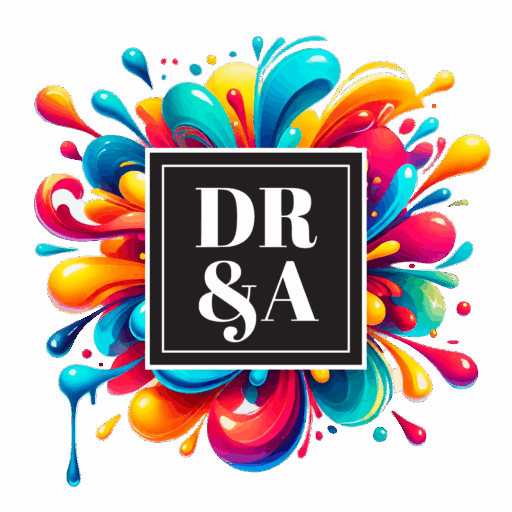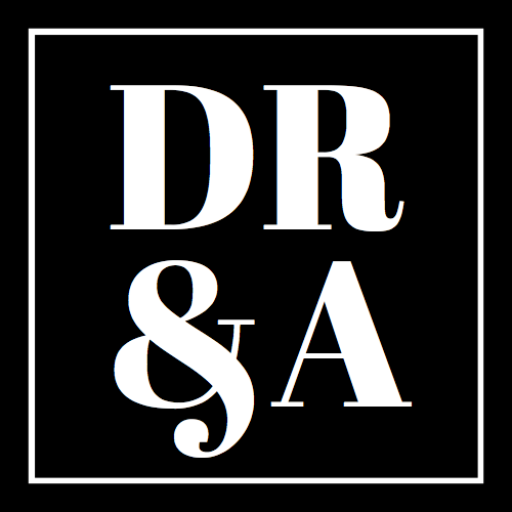Good work culture tops most employees’ wishlists (and most employers’, too), increasingly so in a time when employers must compete with remote jobs, freelancing, and other worker-centric setups. Company social events like holiday parties can promote a winning work culture. But mixing business with pleasure comes with risks: successful company events invite an element of social life, as well as the risk of social pitfalls that may be inappropriate, dangerous, or even illegal.
Forewarned is Forearmed
You and your HR team must be aware of the liability risks a company event entails in order to protect yourself and your employees.
The most prevalent risk is a sometimes subtle one: inappropriate social interactions, namely, sexual advances among co-workers. Title VII of the Civil Rights Act of 1964 prohibits sexual harassment by an employer, encompassing conduct that is unwelcome and sufficiently severe or pervasive. Though the Act offers no protection as between workers, an employer who fails to provide a safe work environment can run afoul of this federal law.
Dangerous conduct by employees creates the risk of physical damage to person or property. When an employee is injured at a company event, he or she may have recourse against the employer for unsafe work conditions. An injured third party may also be able to sue an employer for an employee’s actions under Ohio’s social host or dram shop laws, respondeat superior, or some other legal theory.
Often overlooked, loss of good will is a serious matter and can happen easily if your social media policies aren’t well developed. Social media gives employees a platform to post company party interactions, both good and bad, and negative publicity will tarnish company reputation.
Neutralizing the Alcohol Factor
Unsurprisingly, the greatest contributor to risky behavior is alcohol. From a liability perspective, whether or not to provide or allow alcohol at a company party is likely the biggest decision you’ll have to make.
If you decide to permit alcohol at your company’s social event, consider the following to neutralize its effects:
- Distribute drink tickets or set a drink limit for attendees
- Skip the liquor – limit drink selection to “softer” alcohols like wine or beer
- Make it a cash bar
- Close the bar early to limit access to alcohol
- Ask bartenders and/or supervisors to be on the lookout for intoxicated attendees
- Arrange for transportation to and from an event
- Incentivize employees to be designated drivers
- Provide hors d’oeuvres to curb alcohol consumption
- Limit attendance to 21 and over
Accounting for Venue
Rate of incident for inappropriate conduct is much higher when a company event is held off-site. This is due in part to preconceived standards of behavior in a familiar work setting; your employees are used to behaving in a certain professional, civil way in the office. But keeping things in-house does place a bigger burden on the employer to monitor alcohol consumption and other activities.
If your company social is on-site, consider hiring a professional bartender or food vendor, and definitely assign supervisors to monitor the festivities. If you choose an outside venue, choose one that sends the right message about the type of event it will be: you may want a restaurant instead of a karaoke bar, for example. Always be sure to confirm venue and service providers’ licenses.
Another good way to set standards is with an appropriate dress code. A black-tie affair will bring about a different atmosphere than business casual, and in all cases a clear dress code can nip inappropriate or suggestive attire in the bud. You should also have a keen eye for decorations, which should be neutral and considerate of the religious and cultural beliefs of your employees – especially during holiday parties.
Building the Guest List
First and foremost, you must avoid the risk of workers’ compensation liability and wage claims by separating the social event from employment functions. Inform your employees that there is no work purpose for the social event and that attendance is always optional. (To this point, you should also set event times outside of normal work hours and avoid business during the event, including performance awards and distributing bonuses.)
Decide whether guests such as significant others, family members, or general plus-ones are welcome. A strictly in-house social lends itself to more risky behavior because of the obvious familiarity between attendees, whereas a broader guest list can create a more reserved dynamic and deter unwanted behavior.
If you do business with independent contractors, you may want to consider leaving them off the guest list if the social event is “company only.” This is because an employer’s everyday liability is much higher for an employee than a contractor, and the main distinction between the two is how the worker and the employer interact. A contractor at company parties invites mis-classification as an employee – and added liability for the employer.
Setting Expectations
You’ll want to reach out to employees before the company event to remind them that the setting will be social, but still professional. If your employee handbook is well-written (and it should be), refer to that in your memorandum to employees, or even send a copy as an attachment.
Event policies (whether in the employee handbook or elsewhere) should be clear and consistent. Standards for social media use should be addressed if they aren’t already, including posts with alcohol and other potentially inappropriate media. To the extent that such media is fully public, you or a supervisor may want to monitor and request removal of posts that don’t adhere to policy.
More touch points can be effective reinforcement of your expectations leading up to the event. In addition to an email or memo, you can discuss the event at morning meetings, place inserts in paychecks, and set other gentle reminders of your expectations.
Investing in a Failsafe: Insurance
The best-laid preparations can still be undermined and, depending on your event planning, there will be varying degrees of risk at any given social. Insurance should be a last line of defense against employer liability, but it may be desirable (even just for the peace of mind). Consider the following policies when budgeting for an event:
- General event insurance – protects against losses due to injury or damage by insured’s employees or agents
- Liquor law liability insurance – covers insured against accidental furnishing of alcohol to underage or already intoxicated patrons
- Cancellation insurance – helps cover costs when an event must be cancelled for a variety of reasons
- Venue insurance – covers for damage to a location while it is under the insured’s control, effectively insuring against repair costs to the venue
- Hired/non-owned auto insurance – provides liability coverage for vehicles rented for the event, as well as auto-related injury or damage to third parties
- Employment practices liability insurance (EPLI) – covers businesses against claims by workers that their legal rights have been violated
EPLI insurance, in particular, protects an employer against activities that can compromise a safe work environment, including: sexual harassment, discrimination, wrongful discipline, and wrongful infliction of emotional distress, among others.
Thank you for your continuing interest in the premium content provided by DR&A. As always, we’d love to continue the conversation in the comments, by phone, or in person.


